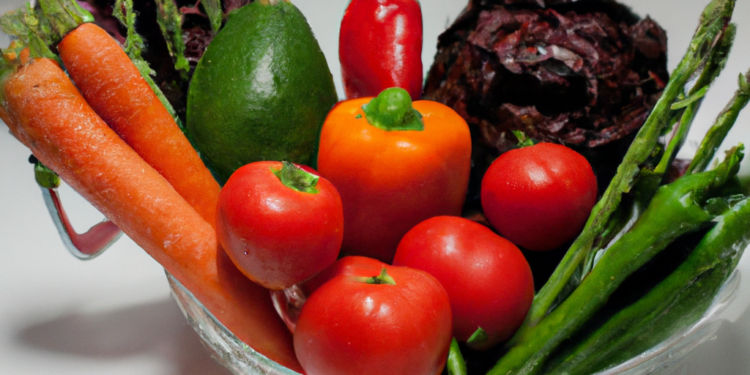A plant-based diet is no longer merely a trend or a way of life; it is now widely acknowledged as a way to lower your chances of developing chronic diseases.
A recent study indicated that a plant-based diet can greatly lower the chance of acquiring type 2 diabetes, cardiovascular disease, and cancer. The study was published in the Journal of the American Medical Association (JAMA).
The results of the study, which included both vegetarians and non-vegetarians, showed that people who followed a plant-based diet had a 23% lower chance of getting type 2 diabetes than people who did not.
Additionally, those who consumed a plant-based diet had a 13% lower risk of cancer and a 16% lower risk of cardiovascular disease.
What exactly is a plant-based diet?
According to the study, it is a diet that prioritizes whole, minimally processed foods including fruits, vegetables, whole grains, legumes, nuts, and seeds, while minimizing animal products.
This diet is low in saturated fat and cholesterol and high in fiber, vitamins, minerals, and antioxidants.
A plant-based diet has several advantages beyond lowering the chance of developing chronic illnesses. Additionally, it has been demonstrated to enhance both the environment and one’s general health and wellbeing.
Diets based on plants are linked to decreased levels of LDL cholesterol, blood pressure, and obesity, all of which are risk factors for chronic diseases.
Additionally, because they require less land, water, and resources to produce, plant-based diets are more environmentally friendly and environmentally sustainable than animal-based diets.
But switching to a plant-based diet can be difficult, particularly for people who are accustomed to eating a diet that is heavy in animal products.
It’s vital to understand that a plant-based diet does not have to be vegetarian or vegan and that it is acceptable to emphasize plant foods while still consuming some animal products in moderation.
Tips to switch to plant based diet
- Start slow: Reduce the intake of animal products while gradually increasing the intake of plant-based foods. Add one or two vegetarian meals to your weekly menu to start, then progressively grow from there.
- Experiment with new foods: Try different plant-based dishes and recipes to keep things interesting and avoid getting bored.
- Focus on whole, minimally processed foods: Choose whole grains, fruits, vegetables, legumes, nuts, and seeds in place of processed meals to focus on eating complete, minimally processed foods.
- Make substitutions:Replace traditional animal products with plant-based alternatives by using tofu, tempeh, and plant-based milks.
- Seek support: Connect with others who are making the switch to a plant-based diet and ask friends, family, or a certified dietician for assistance.
The latest study published in JAMA adds to the mounting evidence of the advantages of a plant-based diet in lowering the chance of developing chronic illnesses. You can enhance your health and wellbeing while simultaneously contributing to environmental protection by making minor dietary modifications and placing a stronger emphasis on plant-based meals.



































































